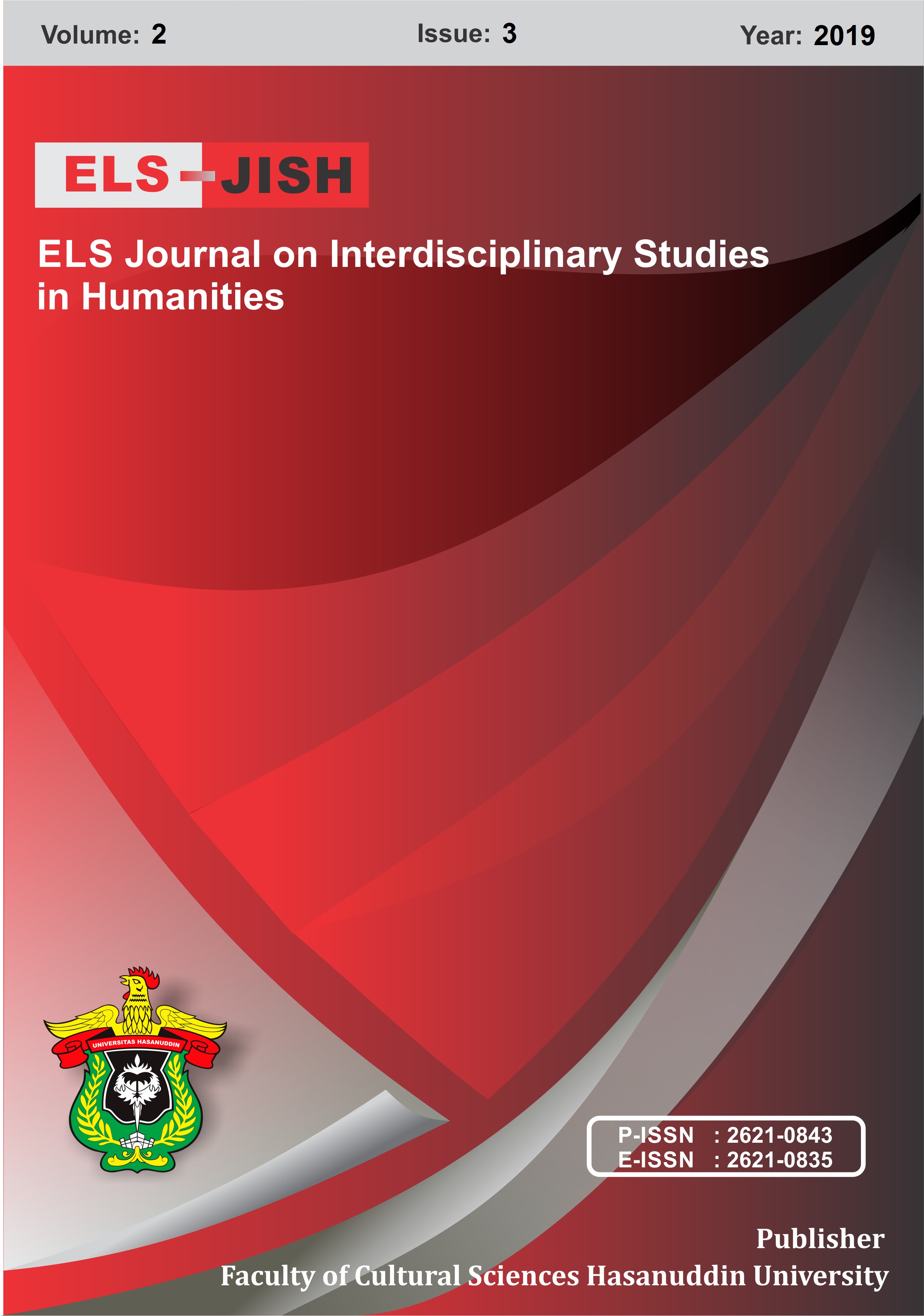Students’ Perception of Listening Lesson at University of Riau
DOI:
https://doi.org/10.34050/els-jish.v2i3.7154Keywords:
student perceptions, listening lesson, college.Abstract
Listening is a skill in capturing the sounds of language by listening verbal language that receiving messages from other people's ideas, thoughts or feelings. This study aims to describe students' perceptions of the listening lesson in the learning process. The method used is a quantitative survey method with a total sample of 50 students of Indonesian language and literature education FKIP University of Riau who join the listening lesson. This study uses a questionnaire technique that is distributed to students of the Indonesian Language and Literature Education Program at the University of Riau. Questionnaires consist of 17 statements made in the form of a checklist with a range of assessments from 1 to 5. Technical data analysis through stages (a) changes the value of the category into an assessment score and (b) analyzes the score, (c) determines the category. The results showed that the response of the students based on the highest experience was the desire to obtain complete teaching material by 70%, the highest response of students to importance of media as if there were applications in listening lesson in accordance with current technology with a percentage of 80%, and The highest student responses about the need for evaluation of listening lesson was the feedback of listening proficiency criteria set by the lecturer at 68%. Then it can be concluded that students' perceptions of the listening lesson are the desire for improvement in the media and applications in the listening lesson that contains teaching the material






